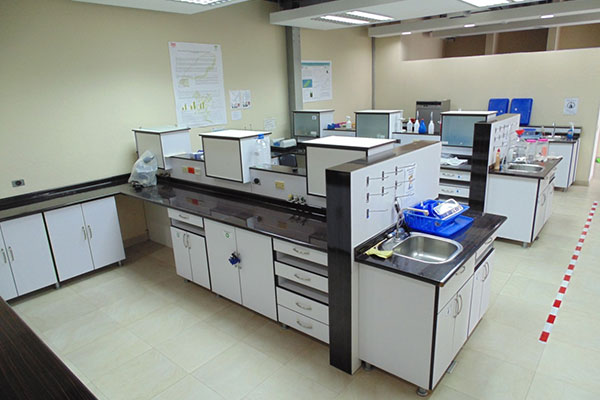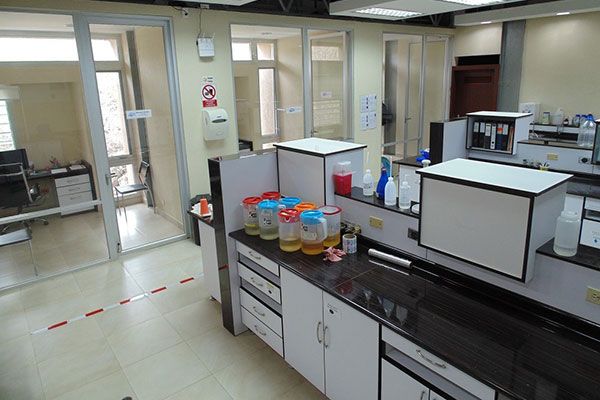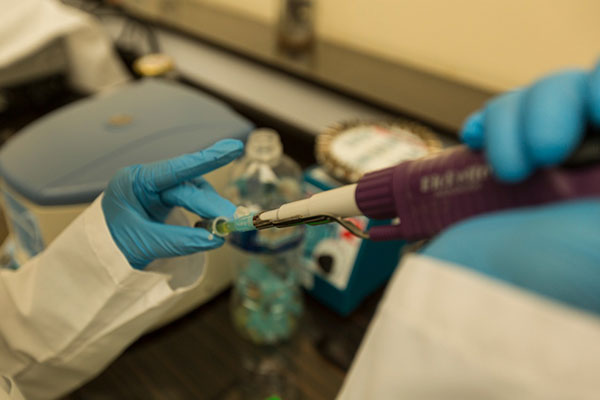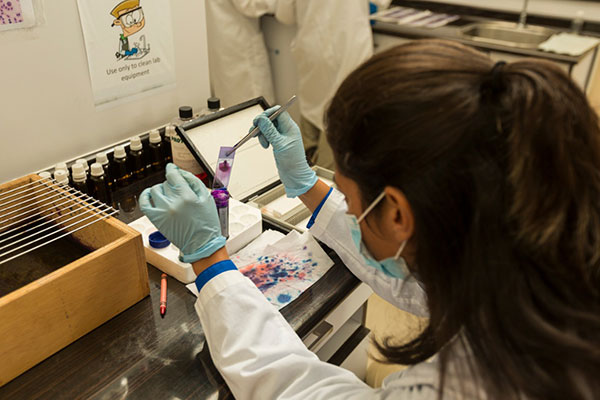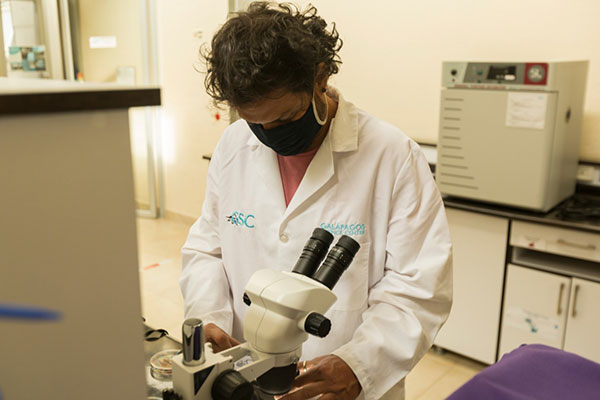Be part of the Galapagos Science Center (GSC). A joint initiative between the Universidad San Francisco de Quito (USFQ) and the University of North Carolina at Chapel Hill (UNC) created in 2011 and located in Puerto Baquerizo Moreno in San Cristobal- Galapagos. The GSC has the objective of offering a coordination point for the development of research projects for local, national and international scientists.
The GSC is conceived as a multidisciplinary space with three fundamental axes: interdisciplinary scientific research, education through science and link with the community in the Galapagos Islands. The research and action areas of the Galapagos Science Center include the following, although new areas and opportunities for study are continually developed:
- Population, tourism and migration
- Marine and terrestrial ecology
- Invasive species
- Restoration and recovery of habitats.
- Marine and terrestrial protected areas
- Conservation biology
- Sustainable communities
- Food safety
- Water, sanitation and hygiene
- Medicine, nutrition and health
- Climate and environmental change
- Geological and tectonic sciences
- Evolutionary biology
Likewise, the GSC allows the strengthening of the capacities of local, national and foreign students through a more intense inclusion in research. Relations with the Galapagos community are very important, which is why in 2019 the ¨Conectandose con la Naturaleza¨ program began with the aim of communicating to the local community the research carried out in the GSC. Furthermore, the GSC offer technical advice to multiple local institutional actors such as the Galapagos National Park Directorate, the Governing Council of the Galapagos Special Regime, Municipalities, and other public and private institutions.
The GSC is a multidisciplinary research center that has four equipped laboratories: marine ecology, terrestrial ecology, microbiology, and geographic information systems and modeling. Each laboratory is designed to allow researchers to conduct their experiments, process samples, and write their reports and articles.


